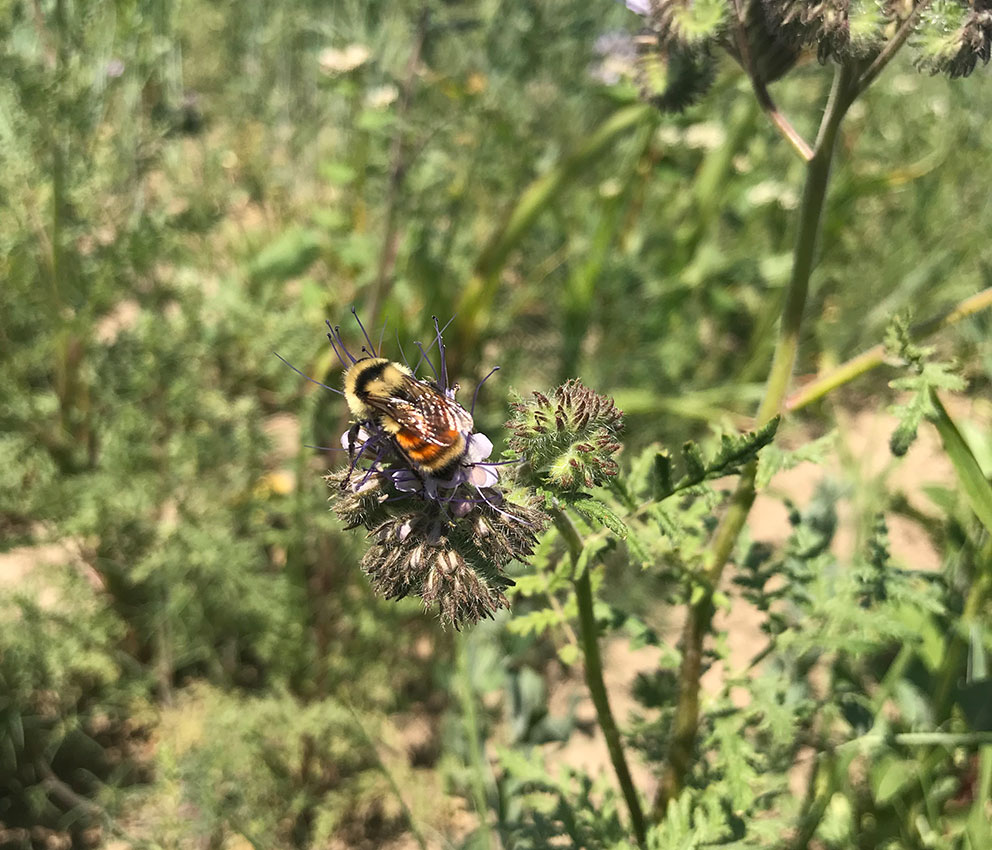

![]() Vilicus Institute works to implement the ideas of associative economy, reciprocity, and risk sharing. Based on the ideas of Rudolf Steiner, this associative economy program focuses on reimagining an economy that recognizes Earth as an interconnected system in which all economic value begins with nature and agriculture. Our goal is to re-work the system so everyone has more responsibility to farm in ways that are good for the planet and provide a system of risk sharing between farmers and the rest of society, in the wake of impacts from global climate change.
Vilicus Institute works to implement the ideas of associative economy, reciprocity, and risk sharing. Based on the ideas of Rudolf Steiner, this associative economy program focuses on reimagining an economy that recognizes Earth as an interconnected system in which all economic value begins with nature and agriculture. Our goal is to re-work the system so everyone has more responsibility to farm in ways that are good for the planet and provide a system of risk sharing between farmers and the rest of society, in the wake of impacts from global climate change.
Vilicus Institute's projects enable us to work together as a full supply chain and speak about our needs transparently. This includes re-working buyer contracts, promoting direct to consumer relationships, and writing about these projects to share with other farms. Our goal is to create a system of learning that can be shared and implemented throughout our extensive network of organic farms. We seek to create pragmatic examples of how we can operate differently within our current transactional economic system. The Vilicus Institute seeks unique ways of sharing risk and reward across supply networks so that raw materials producers like farmers are not bearing the greatest risk from economic factors.
— Wendell Berry
